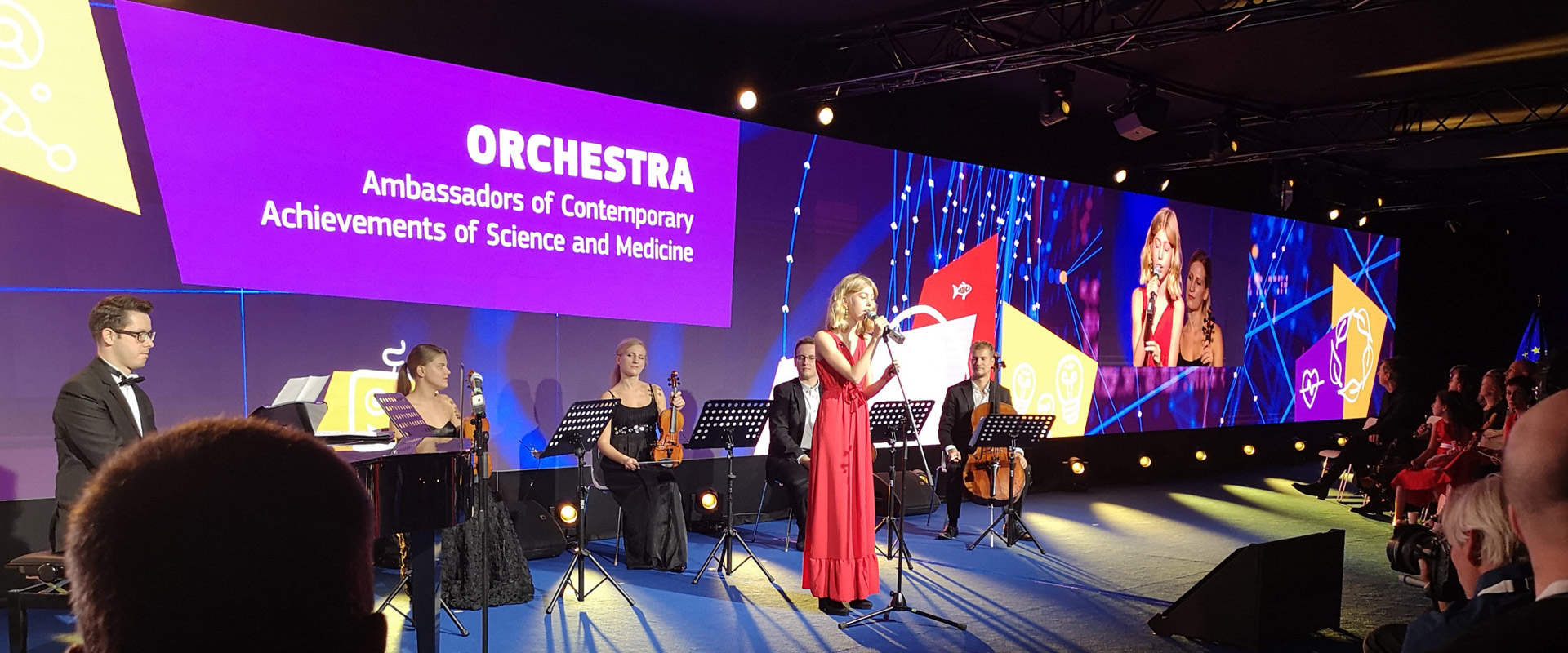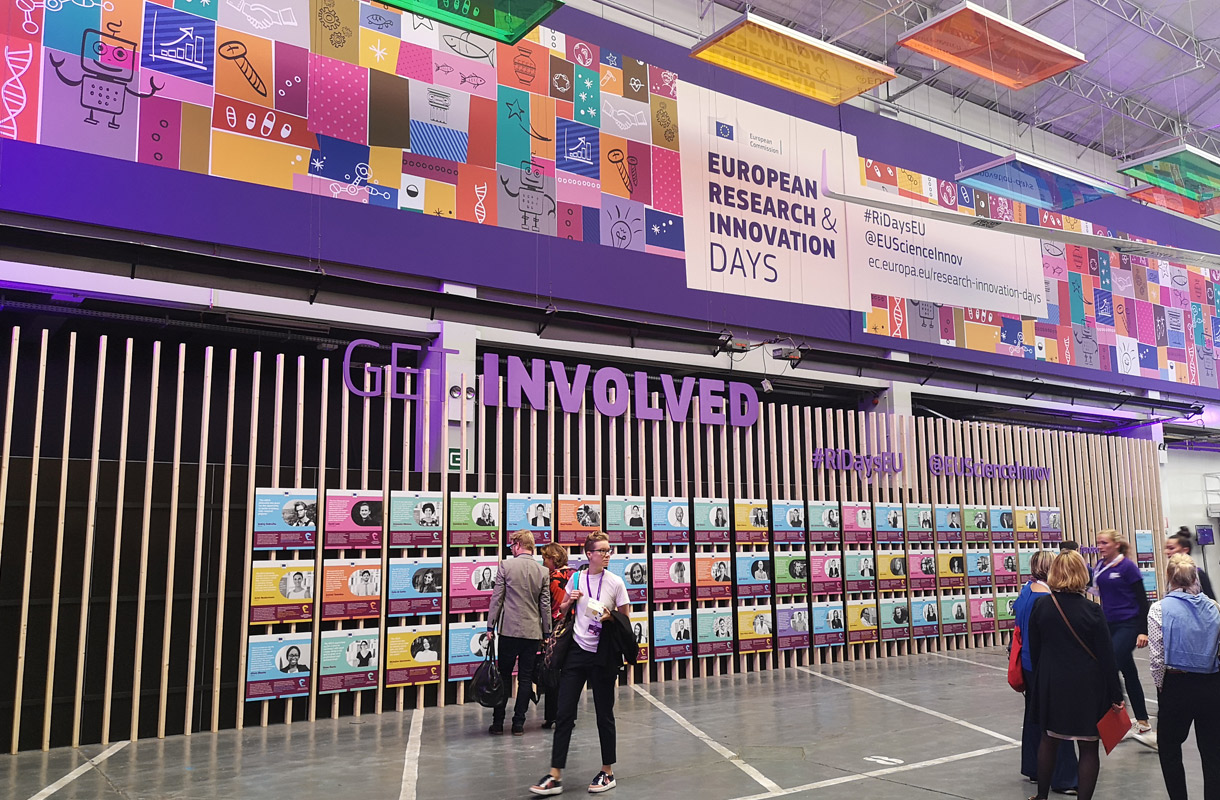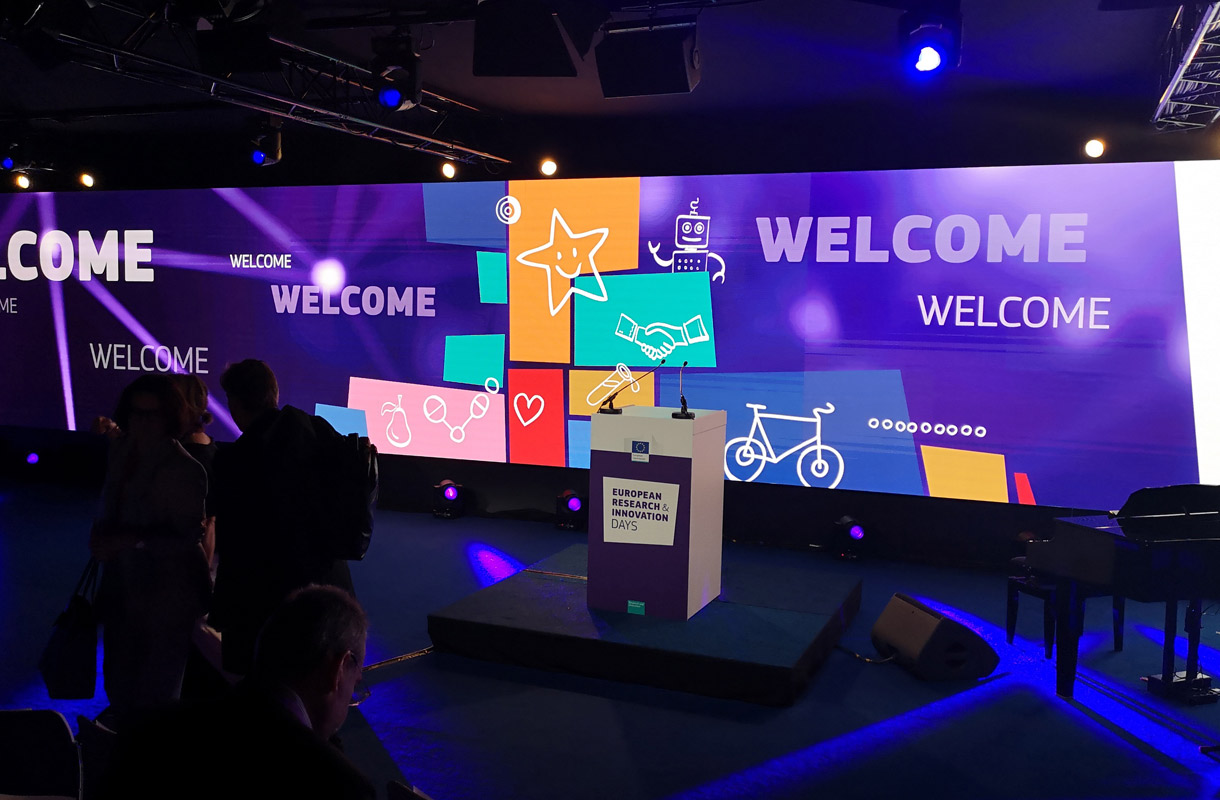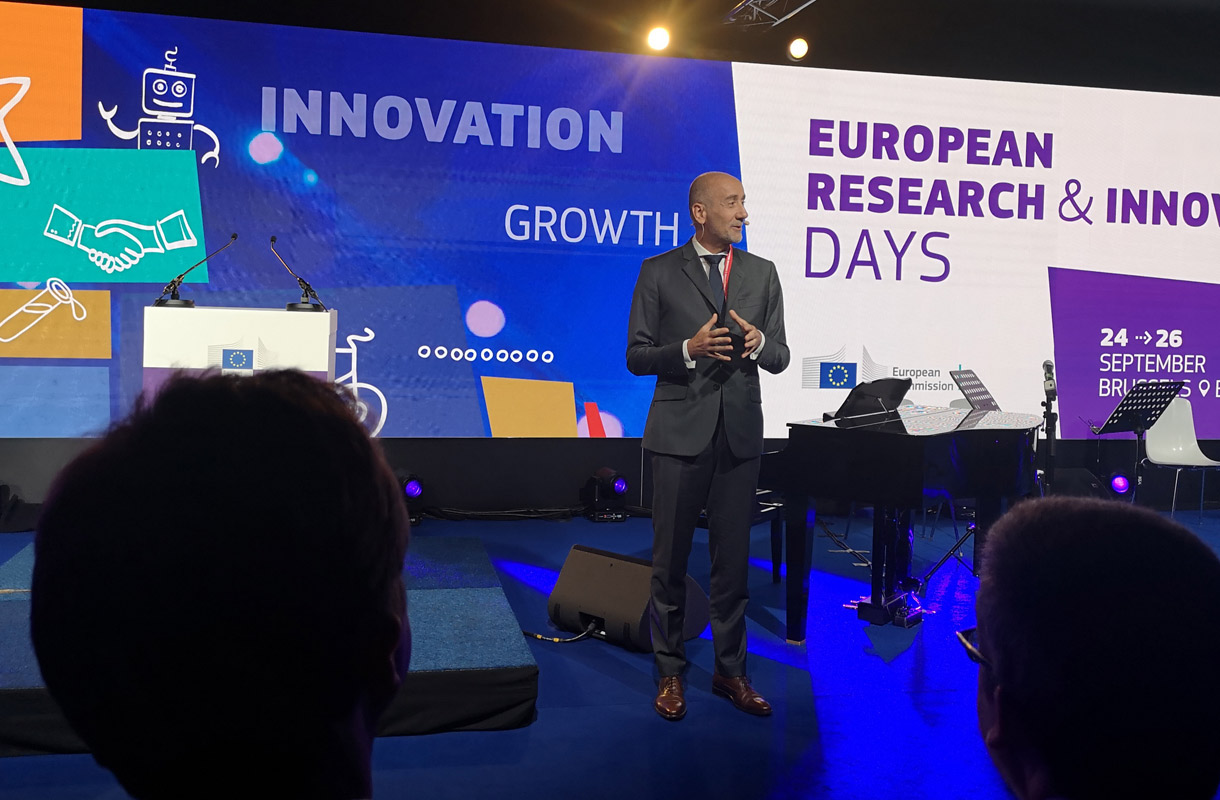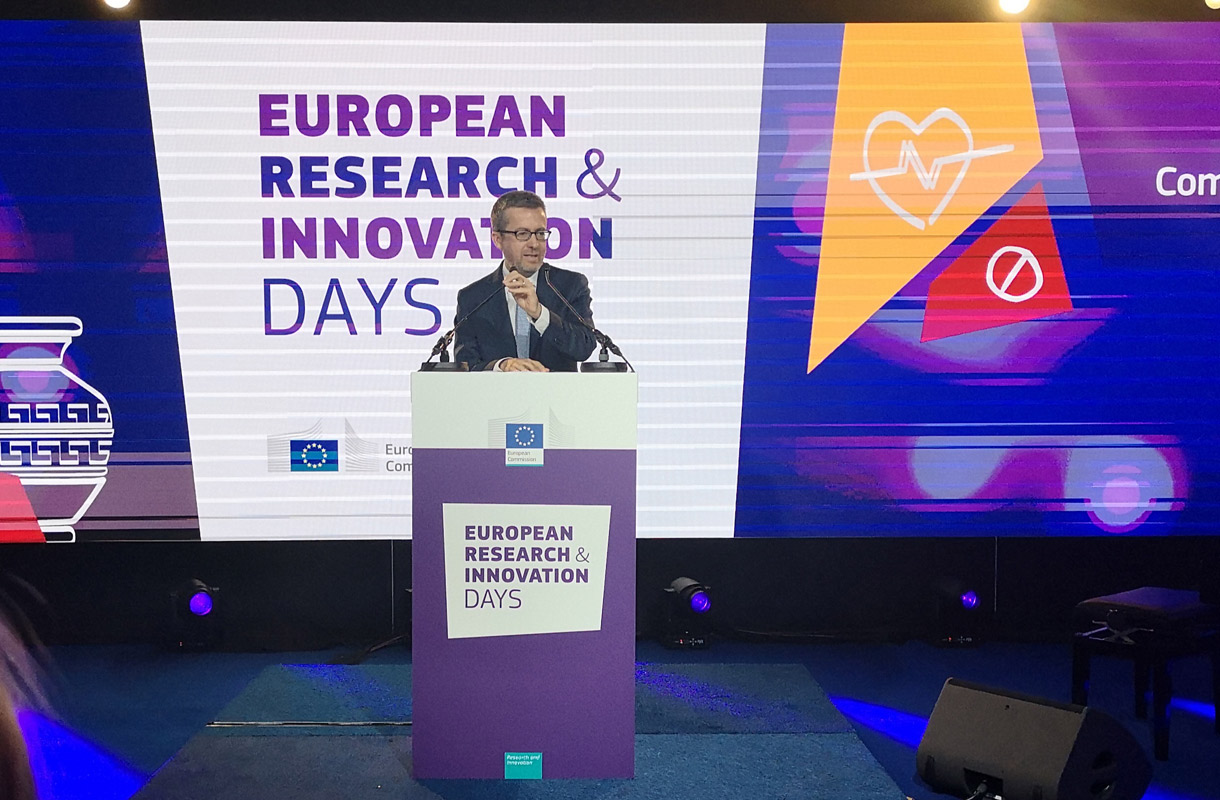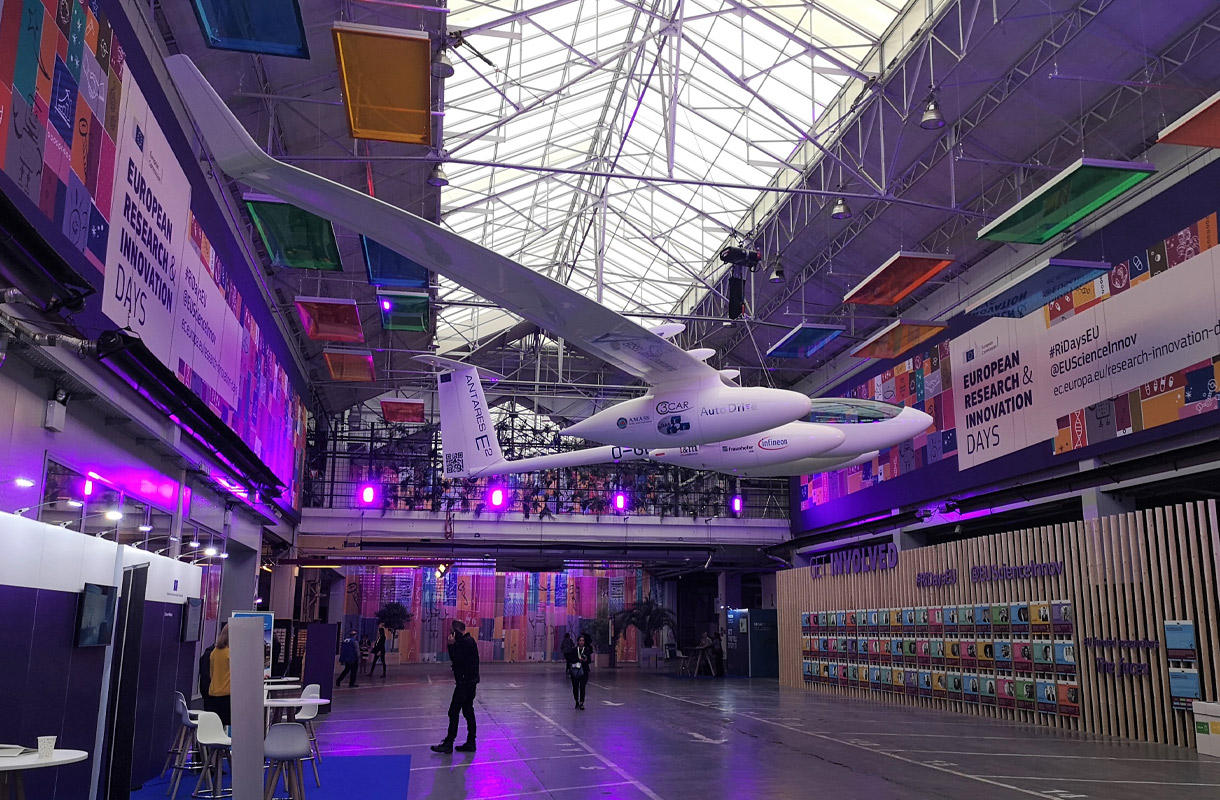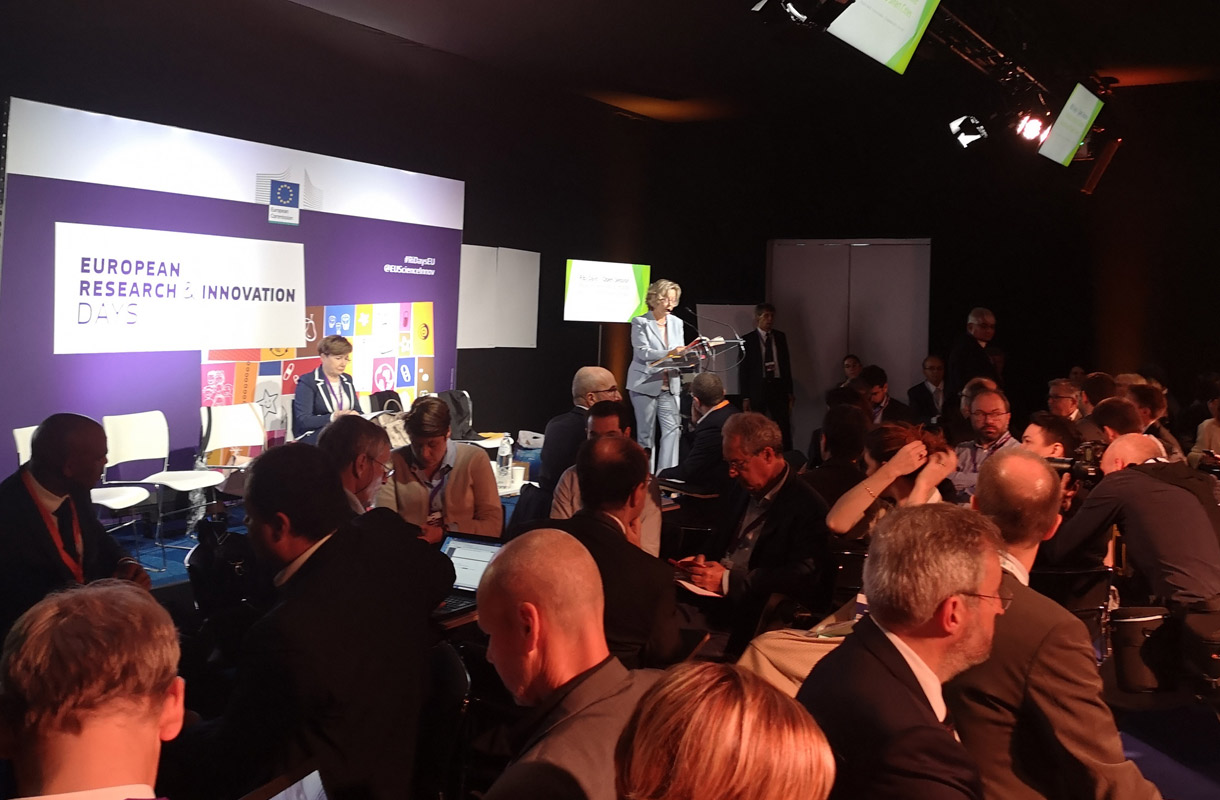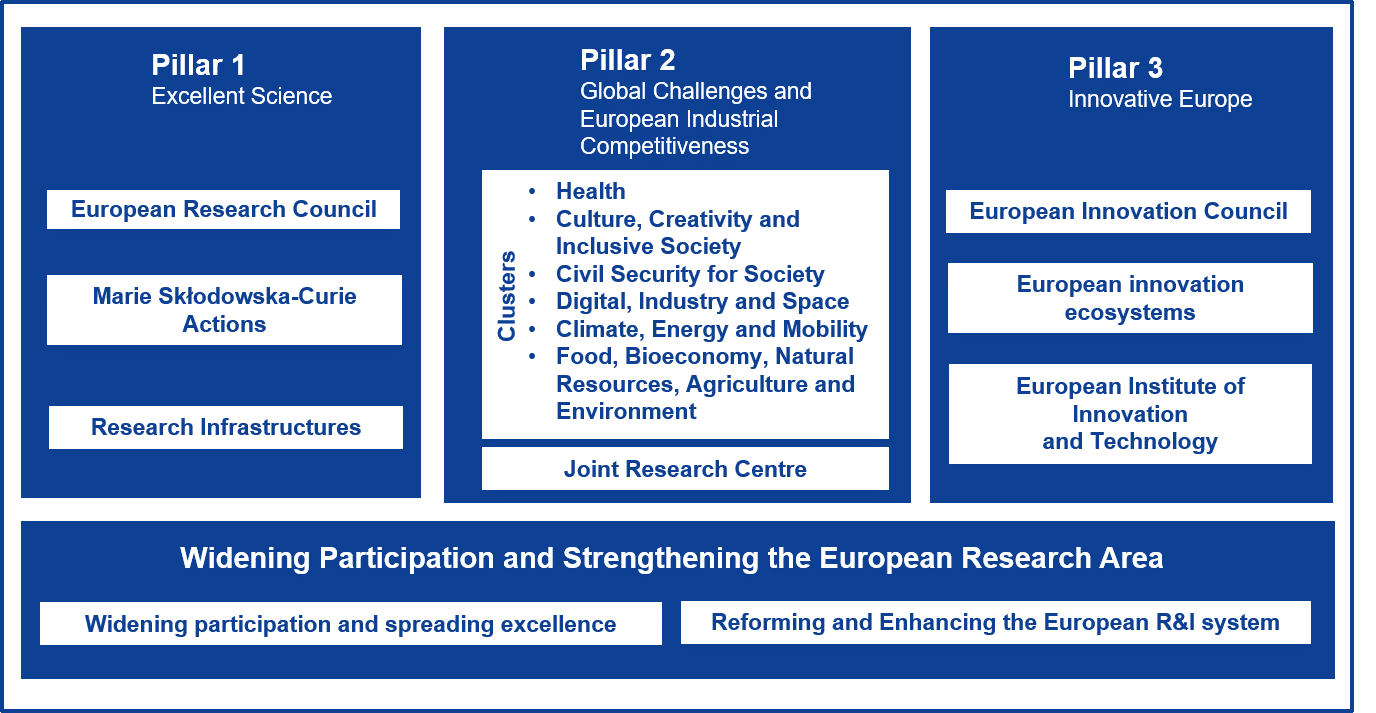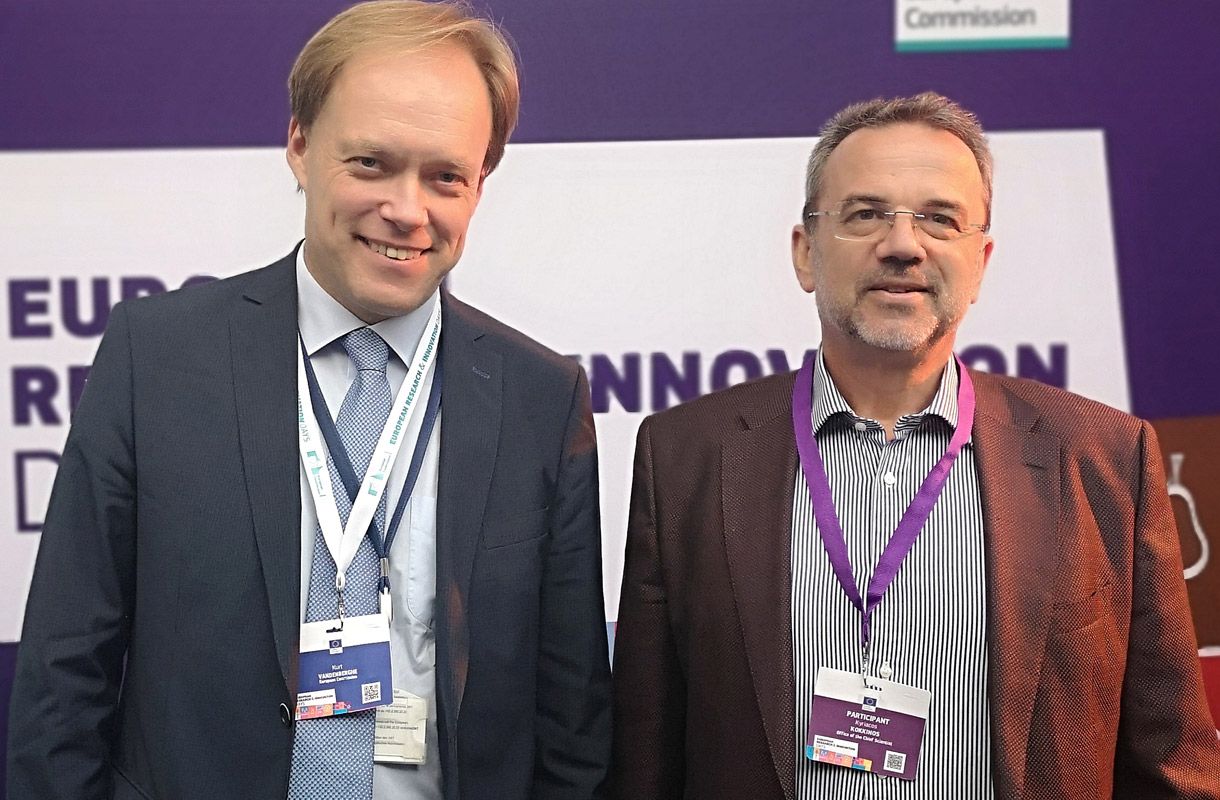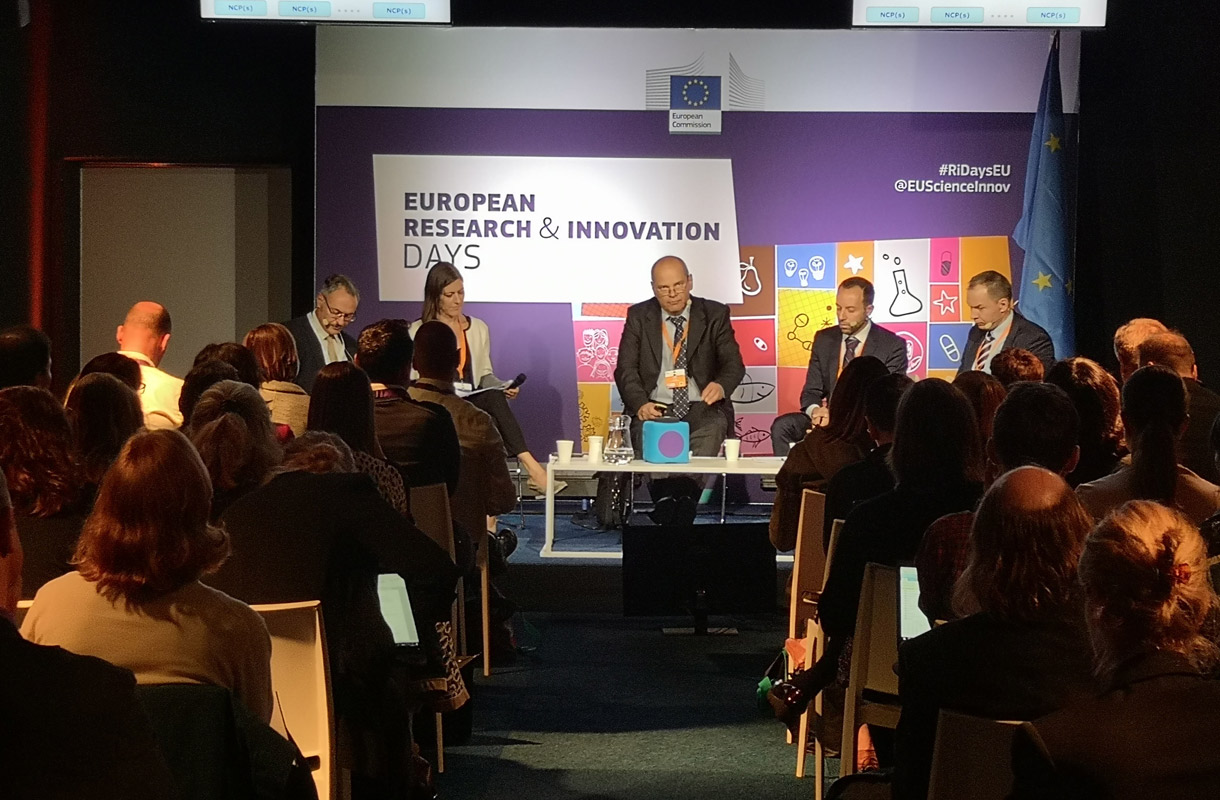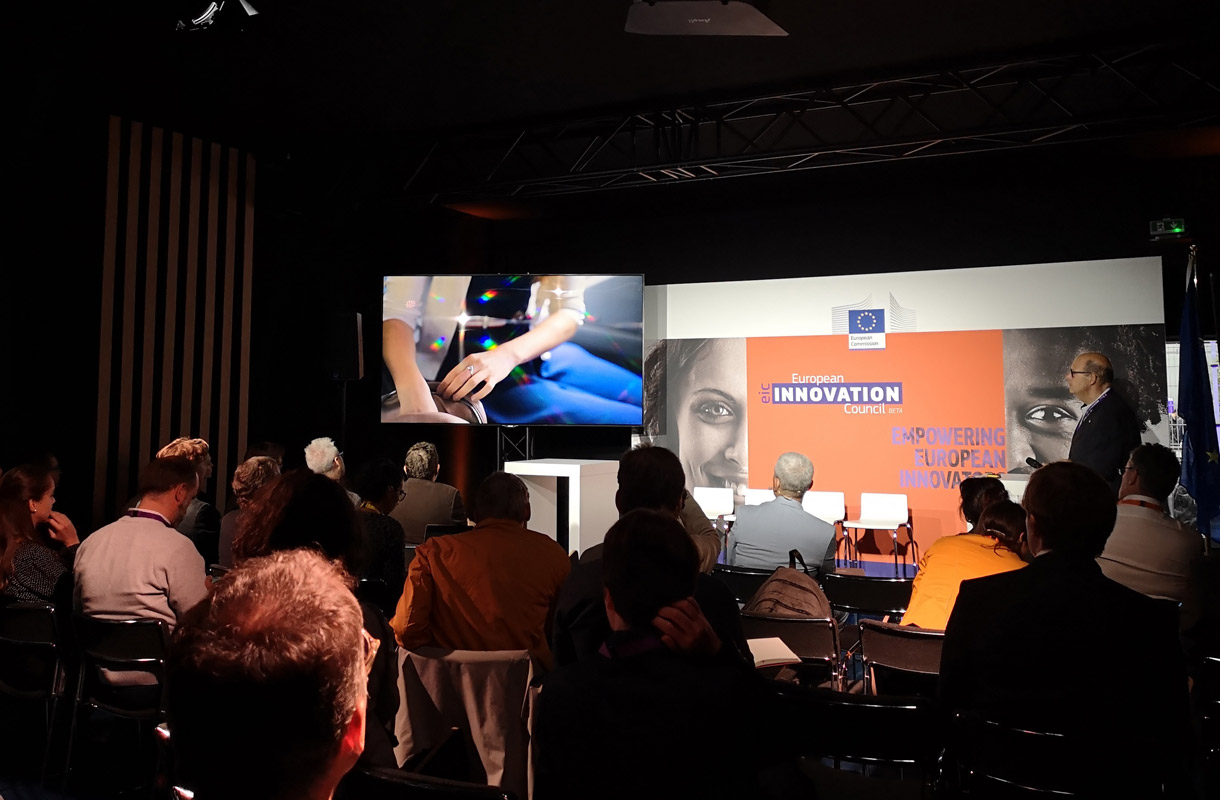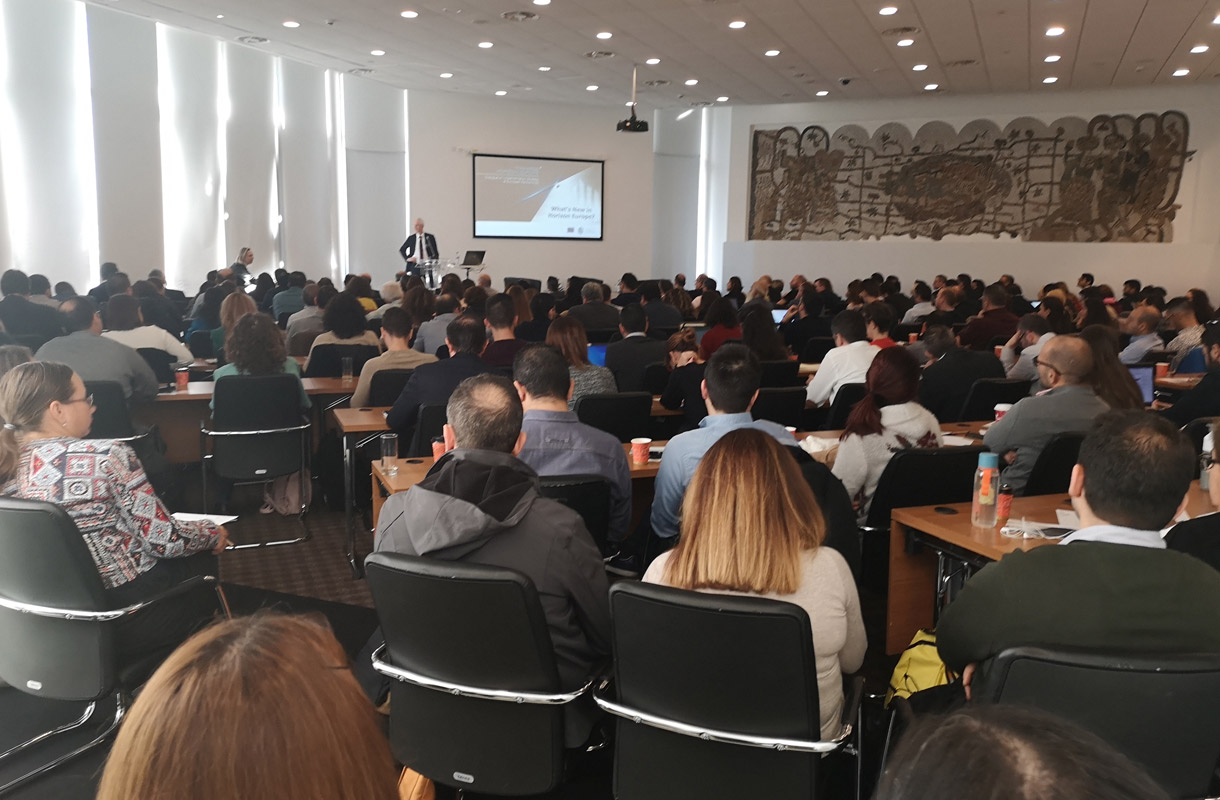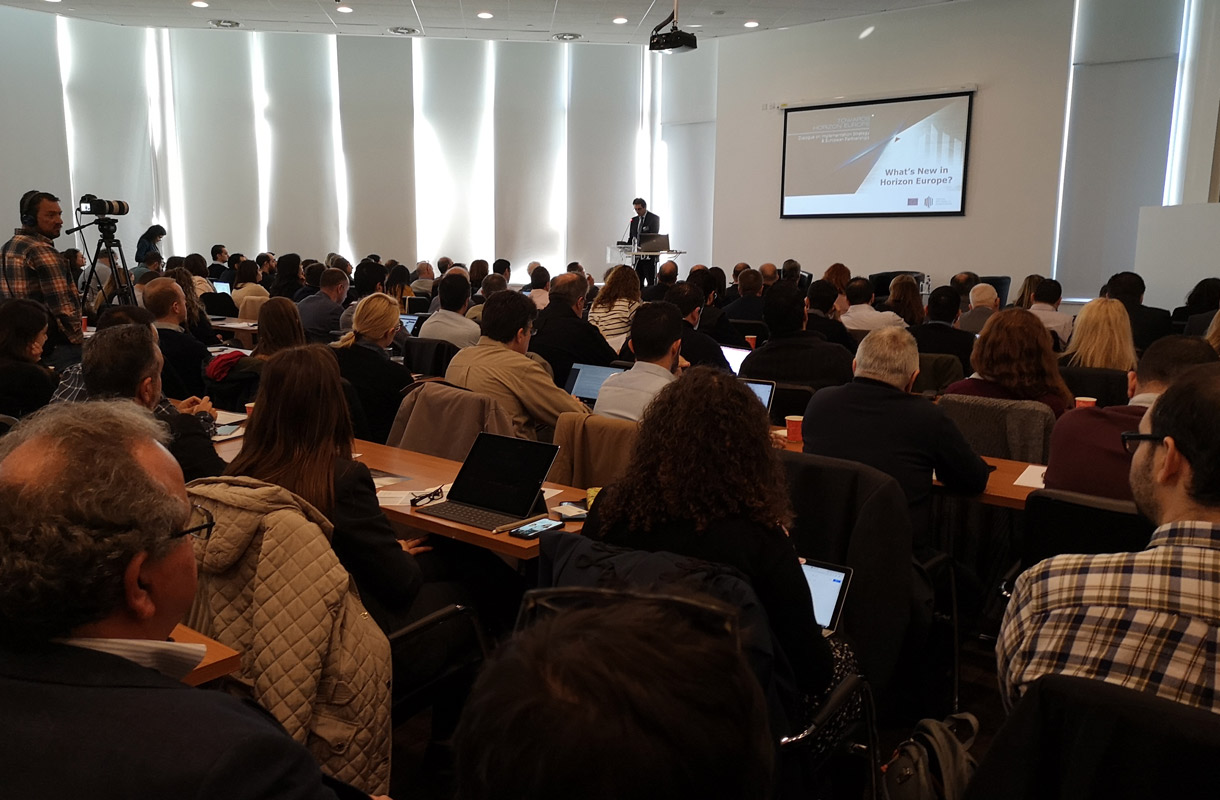Horizon Europe, is the EU’s next funding programme for research and innovation. It will run from 2021 to 2027 with a budget of €105,7 billion. The European Commission, considers Horizon Europe and its scope as “the most ambitious research and innovation programme ever that will keep the EU at the forefront of global research and innovation”.
Main Characteristics
The Horizon Europe will be a continuation of its predecessor (Program H2020), maintaining excellence at the core and maintaining approximately the same tried and tested funding rules and procedures.
Moreover, some of Horizon Europe main characteristics will be based on the:
- Improvement of the good features of H2020 by encouraging collaboration and offering more specific partnership possibilities
- Application of the Open Science policies to make R&I results more visible, for scientists and citizens
- Tackling of specific problems in five mission areas, constantly raising public awareness on those issues
- Distribution of funds more equally, meaning that the underdeveloped countries and third countries should be more eligible to apply for calls
And all that, aiming to improve European position on a global scale when it comes to research and innovation. The purpose will also be to engage with society through better dissemination and use of R&I results.
Structure and Programmes
Horizon Europe includes three main pillars, as follows:
- Open Science
- Global Challenges and Industrial Competitiveness
- Open Innovation
The three pillars will be interconnected and complemented by the introduction of a 4th Horizontal Priority “Strengthening the European Research Area”.
Pillar Ι - Open Science
There are no significant changes in Pillar I compared to Horizon 2020. It additionally includes the actions of Future and Emerging Technologies.
Pillar Ι is not characterized by pre-defined thematic priorities. Much like Horizon 2020, it adheres to a bottom-up approach. It is considered to cover mostly frontier research and comprises the following Programmes:
European Research Council (ERC)
- Frontier research by the best researchers and their teams
Marie Sklodowska-Curie Actions
- Equipping researches with new knowledge and skills through mobility and training
Research Infrastructures
- Integrated and inter-connected world-class research infrastructures
Pillar ΙΙ - Global Challenges & Industrial Competitiveness
It is primarily a Pillar with a thematic approach and is associated with social challenges and industrial technologies. The Programs have a multimedia character and operate with the logic of Clusters.
The six Clusters are:
- Health
- Civil Security for Society
- Culture, Creativity and Inclusive Societies
- Digital, Industry & Space
- Climate, Energy and Mobility
- Food, Bioeconomy, Natural Resources, Agriculture & Environment
Pillar II also includes scientific documentation and technical support for policies through the activities of the Joint Research Center.
Two new EU Initiatives, the European Partnerships and the Missions, are also included in this Pillar.
Missions
Through the Strategic Planning Process, five Missions have been selected with specific, ambitious and feasible goals. The five Missions are:
- Adaptation to climate change, including societal transformation
- Cancer
- Soil health and food
- Climate-neutral and smart cities
- Healthy oceans, seas, coastal and inland waters
Missions will be umbrella actions drawing funds from several clusters or/and other parts of the programme. They will also develop synergies with national initiatives. The maximum allocated budget per mission is expected to reach €600 million with a maximum of funding period until 10 years
Pillar ΙΙΙ - Open Innovation
The European Innovation Council (EIC)
- Support to innovations with breakthrough and market creating potential
- «Pathfinder» – advanced research, supporting emerging technology
- «Accelerator» – innovation and early market deployment up to pre-mass commercialisation
Strengthening the European innovation ecosystems
- Connecting with regional and national innovation actors (EIC Forum, Enterprise Europe Network and Startup Europe).
European Institute of Innovation and Technology – EIT
- Bringing key actors (research, education and business) together around a common goal for nurturing innovation
Horizontal Priority - Strengthening the European Research Area
The Priority comprises two distinct components:
Sharing Excellence
- Continuation of H2020 Widening Actions such as Teaming, Twinning and ERA Chairs as well as the COST Programme aiming principally at boosting participation of low-performing R&I countries.
Reforming the R&I Systems
- instruments to support reforms at the national level such as Policy Support Facility and actions to promote cross-cutting issues (e.g. open science, international cooperation, empowering human capital, linking with the European Higher Education etc).

